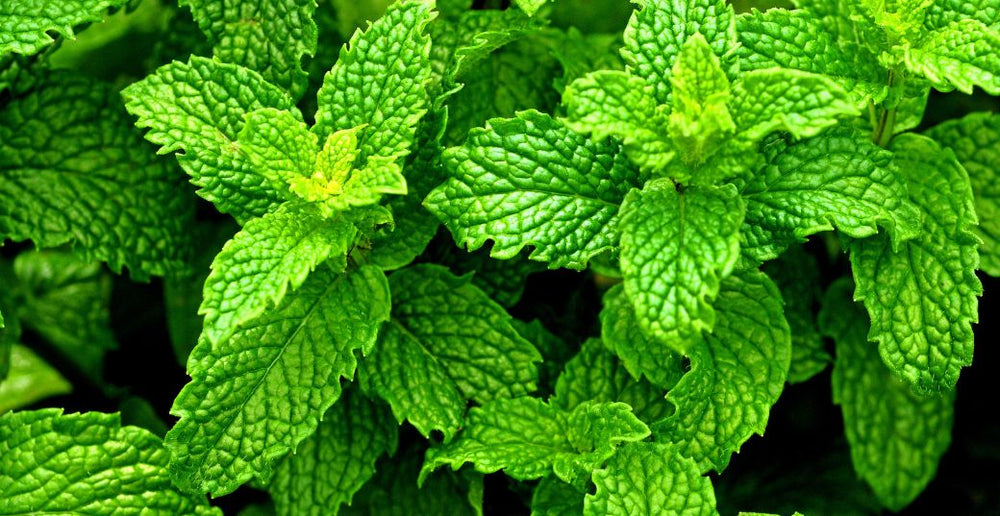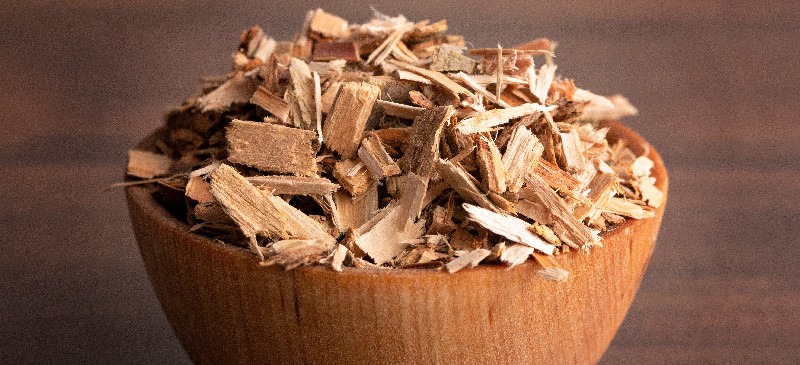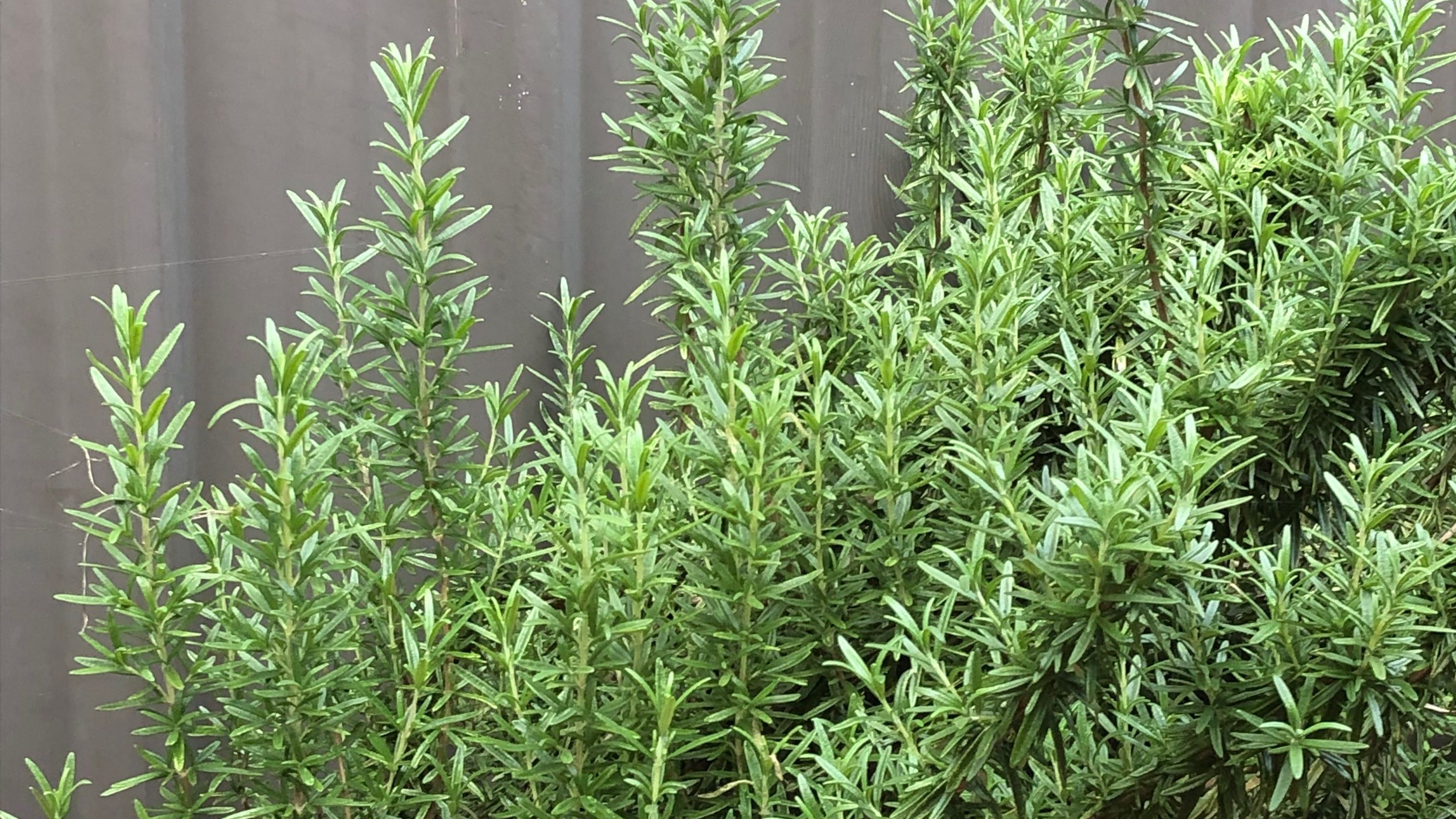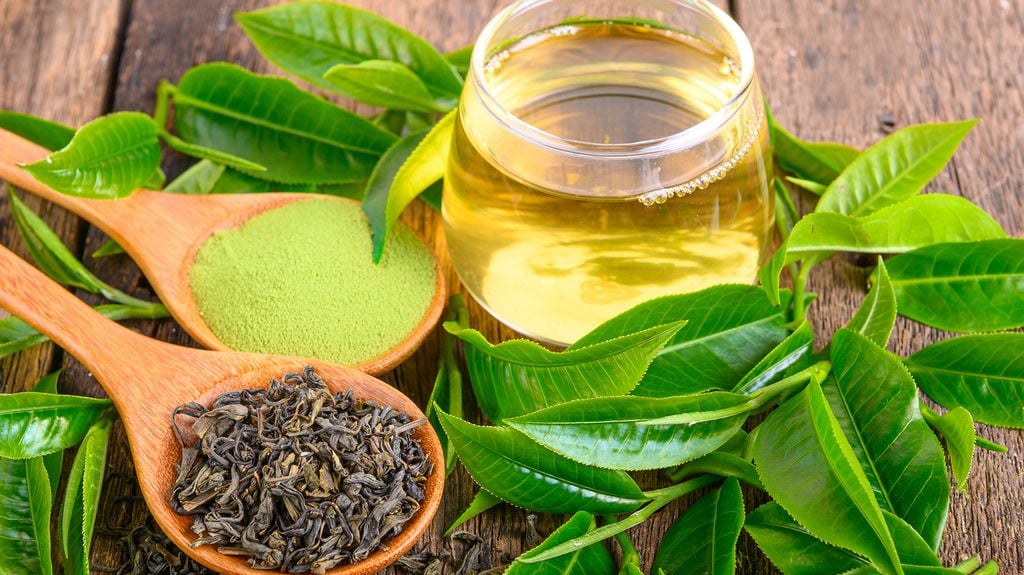In the realm of natural skincare, olive oil has gained popularity for its versatile uses and potential benefits. From culinary applications to beauty routines, this golden elixir has been praised for its moisturizing properties and rich nutrient content. However, as with any skincare product, concerns and questions arise, especially when it comes to its impact on our pores. The burning question remains: Does olive oil clog pores? . Don’t you worry. We’re here to give you all the answers on olive oil and its pore-clogging potential. Keep reading below to find out!

What is Olive Oil?
Olive oil is an oil extracted from the fruit of the olive tree. It is rich in healthy fats and antioxidants, making it a popular ingredient in many health and beauty products. Olive oil has been used for thousands of years in countries around the Mediterranean, where it is a staple part of the diet and a key ingredient in traditional remedies.
Olive oil has long been used as a natural remedy for various skin conditions and has been praised for its moisturizing properties. It is appropriate with people looking for a natural alternative to commercial skincare products or those with sensitive skin who want to avoid harsh chemicals.
Understanding Pore Clogging – How Does It Happen?
Imagine a delicate network of small openings scattered across the surface of your skin. When these tiny openings become obstructed by a buildup of dirt, dead cells, and surplus sebum, it leads to a troublesome pore-clogging situation.
The consequences of pore clogging can be troublesome, giving rise to various skin issues, including acne, blackheads, and whiteheads.
This condition is caused by several factors:
Excessive sebum production: Sebum, an oily substance produced by the sebaceous glands, serves to maintain the skin’s moisture levels. However, when the production of sebum goes into overdrive, it mixes with dead skin cells and impurities on the skin’s surface, leading to the obstruction of pores.
Accumulation of dead skin cells: As our bodies continuously shed old skin cells and produce new ones, proper cleansing and exfoliation are essential to ensure the removal of these dead cells from the skin’s surface. Failure to do so can cause dead cells to accumulate within the pores, leading to blockages.
Bacterial growth: The presence of bacteria on the skin is normal, but certain conditions, such as excess sebum or trapped debris inside pores, can create an ideal environment for bacterial growth, potentially resulting in infections and inflammation.
Use of comedogenic products: Some skincare products contain ingredients that have a higher likelihood of clogging pores (comedogenic). Therefore, incorporating these products into your routine can contribute to pore-clogging issues.
Does Olive Oil Clog Pores?
Olive oil is considered to have a moderate comedogenic rating, which means it has the potential to clog pores for some individuals but may be suitable for others, depending on their skin type and sensitivity. The comedogenic rating system ranges from 0 to 5, with 0 being non-comedogenic (unlikely to clog pores) and 5 being highly comedogenic (highly likely to clog pores).
The rating for olive oil usually falls between 2 and 3, indicating that it has a moderate likelihood of clogging pores. While this might be a concern for those with acne-prone or sensitive skin, it’s essential to understand that the effects of olive oil on the skin can vary from person to person.
Olive oil contains a mix of fatty acids, such as oleic acid and linoleic acid, along with antioxidants and vitamins, which can provide nourishment and hydration to the skin. It has been used historically for its moisturizing properties and to improve skin texture. Many individuals with dry or normal skin types find olive oil beneficial, as it can help retain moisture and promote a healthy glow without causing pore issues.
However, for people with oily or acne-prone skin, using olive oil as a facial moisturizer might lead to clogged pores and potentially exacerbate existing skin issues. The thick texture of olive oil could trap dirt, sebum, and dead skin cells, which may contribute to the formation of blackheads, whiteheads, or even acne breakouts.
If you have acne-prone or sensitive skin, it’s advisable to exercise caution when using olive oil on your face. You can perform a patch test on a small area of your skin to see how it reacts before applying it more extensively. Additionally, if you choose to use olive oil on your skin, it’s crucial to ensure you’re using extra virgin or cold-pressed olive oil, as it retains more of its natural beneficial compounds.
Ultimately, whether or not olive oil clogs your pores depends on your unique skin type and how your skin responds to the oil. If you’re unsure or concerned about using olive oil on your face, consult with a dermatologist or skin care professional to find the best products and regimen that suit your skin’s specific needs.
How to Incorporate Olive Oil into Your Skincare Routine
Patch Test First
Before using olive oil on your face or body, it is important to patch test the oil on a small area of skin first. This will help you determine if you have any allergies or sensitivities to the oil and whether it is safe for you to use. To patch test olive oil:
- Cleanse the skin with a gentle cleanser and pat dry.
- Apply a small amount of olive oil to a small area of skin, such as behind the ear or on the inner forearm.
- Wait 24 to 48 hours and observe the area for any signs of irritation or allergic reaction, such as redness, itchiness, or swelling.
If you experience any of these symptoms, discontinue use of the oil immediately and seek medical advice if necessary.
Use a Small Amount
While olive oil can be beneficial for the skin, it is important to use it in moderation to avoid clogging pores. Using too much oil can also make the skin feel greasy or oily. Start by using a small amount of oil and gradually increase the amount if necessary.
Wash Thoroughly
After using olive oil on your face or body, be sure to wash your skin thoroughly to remove any residue. Leaving oil on the skin can trap dirt and bacteria, leading to clogged pores and acne. Use a gentle cleanser and lukewarm water to cleanse the skin, and be sure to rinse thoroughly.
Consider Your Skin Type
While olive oil can be beneficial for many skin types, it may not be suitable for everyone. If you have oily or acne-prone skin, you may want to avoid using olive oil on your face. Instead, consider using it as a hair mask or body moisturizer. If you have dry or sensitive skin, olive oil may be beneficial, but be sure to patch test it first and use it in moderation.
Alternatives to Olive Oil for Skincare
If you decide that olive oil is not right for your skin or if you are looking for alternative options, there are plenty of other natural oils and ingredients that you can use in your skincare routine. Here are some of the most popular alternatives to olive oil:
- Jojoba oil: Similar in texture to sebum (the oil produced by our skin), jojoba oil is a great option for oily or acne-prone skin.
- Coconut oil: Rich in medium-chain fatty acids, coconut oil is a popular ingredient in many natural skincare products.
- Argan oil: Packed with antioxidants and fatty acids, argan oil is a great choice for dry or mature skin.
- Rosehip oil: High in vitamin C and other antioxidants, rosehip oil can help brighten and even out the skin tone.
Tips for Using Olive Oil to Minimize Pore Clogging
If you decide to use olive oil in your skincare routine, here are some tips to help you get the most out of this natural ingredient:
- Choose a high-quality, extra-virgin olive oil.
- Always patch test the oil on a small area of skin before using it on your face or body.
- Use a small amount of oil to avoid clogging pores.
- If you have oily or acne-prone skin, consider using olive oil as a hair mask rather than on your skin.
- Always wash your face thoroughly after using olive oil to avoid leaving any residue behind.
Conclusion
So, does olive oil clog pores? The answer is not a straightforward yes or no. While some people may find that olive oil clogs their pores or exacerbates their acne, others may benefit from its moisturizing properties. It is important to patch test any new skincare product, including olive oil, before using it on your face or body. If you do decide to use olive oil in your skincare routine, be sure to choose a high-quality, extra-virgin oil and use it in moderation to avoid clogging pores.
FAQs:
- Is olive oil good for dry skin? Yes, olive oil can be beneficial for dry skin due to its moisturizing properties.
- Can I use olive oil as a makeup remover? Yes, olive oil can be used to remove makeup, but it is important to thoroughly cleanse the skin afterward to avoid leaving any residue behind.
- Will olive oil cause acne? Olive oil may exacerbate acne in some individuals, particularly those with oily or acne-prone skin.
- Can I use olive oil on my hair? Yes, olive oil can be used as a hair mask to moisturize and condition the hair.
- How often should I use olive oil in my skincare routine? This will vary depending on your skin type and individual needs, but it is recommended to start by using olive oil once or twice a week and gradually increasing the frequency if your skin tolerates it well.








